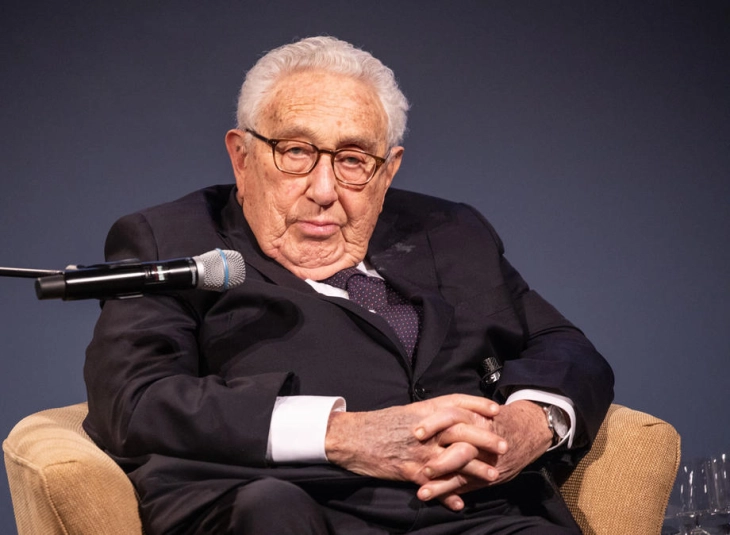Henry Kissinger, the former US Secretary of State, passed away at the age of 100 at his Connecticut home, as confirmed by a spokeswoman for his consulting firm, Kissinger Associates. Renowned for his secret diplomacy, Kissinger played a pivotal role in shaping US politics, although critics often characterized him as power-hungry and unscrupulous.
Among his significant accomplishments was facilitating the historic rapprochement between the US and China in the early 1970s. Born Heinz Alfred Kissinger in Franconia in 1923, he fled with his Jewish parents to New York at age 15, eventually studying at Harvard and later teaching there. Kissinger served as national security advisor and secretary of state under President Richard Nixon, wielding considerable influence in US foreign policy.
Notably, he orchestrated Nixon’s clandestine trip to China in 1972, a milestone that led to the normalization of relations between the two nations, earning him recognition as the architect of the US-China rapprochement. Despite negotiating disarmament treaties and peace deals, Kissinger’s legacy is marked by controversy. Criticism surrounds his involvement in the secret bombing of Cambodia and alleged participation in the 1973 military coup in Chile.
Questions persist about his true stance on ending the Vietnam War, with some questioning if he prolonged the conflict to aid Nixon’s re-election chances. While he gained fame as a skilled negotiator and public figure, these controversial aspects of his foreign policy contributions remain part of his legacy.






Comments are closed for this post.